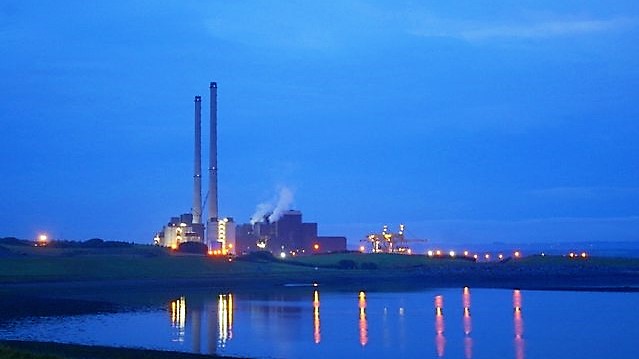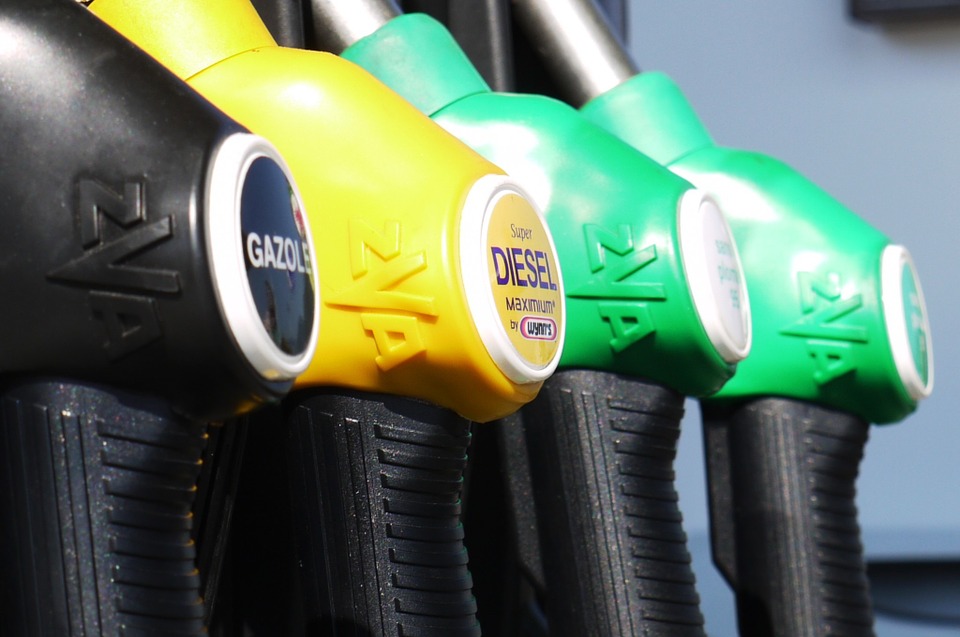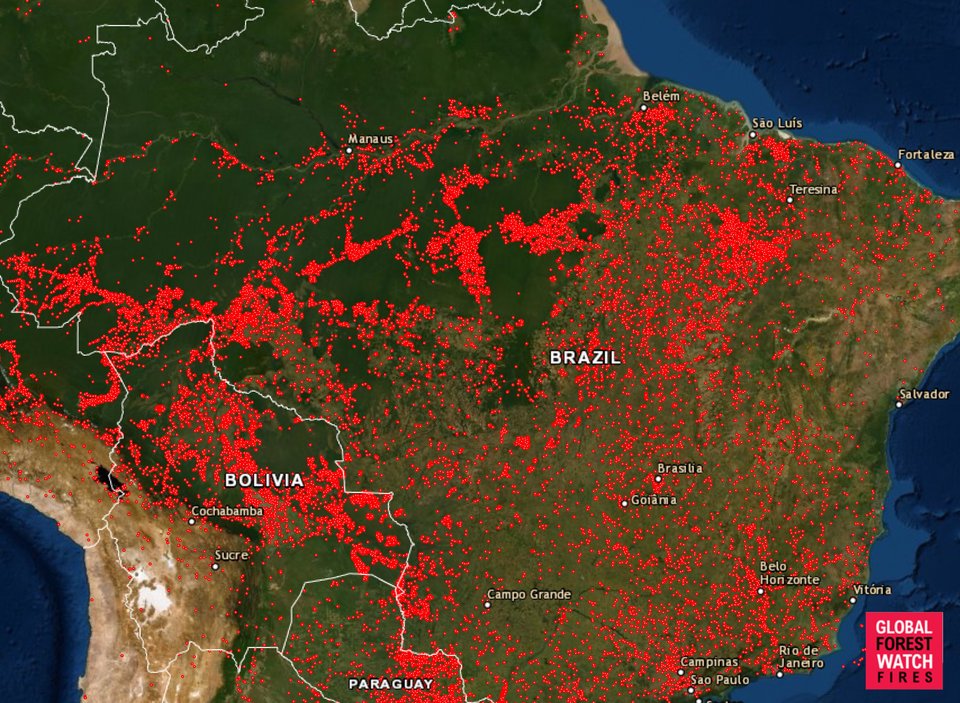Record CO2 levels driven by acclerating gas use, data reveals

December 4th, 2019
Global CO2 emissions continue to rise in 2019 as the decline in coal is offset by accelerating growth in natural gas and oil use worldwide, a major scientific study has revealed.
The 2019 Global Carbon Budget released today at COP25 in Madrid outlines an estimated increase in CO2 emissions of 200 million tonnes since 2018 to reach a record high of almost 37 billion tonnes.
The international research project found that emissions are likely to be more than four per cent higher than when the Paris Agreement was adopted in 2015 and more than 60 per cent higher than 1990 when the first IPCC climate report was published.
Concentrations of CO2 in the atmosphere continue to grow and are projected to reach 410 parts per million this year – 47 per cent above pre-industrial levels and the highest levels for several million years.
The large international research team behind the annual budget calculations has called on decision-makers at COP25 to push for policies that will see the rapid phase-out of all fossil fuels and ensure urgent and large-scale deployment of renewable energy and other low-carbon technologies.

Coal use declining
The growth of emissions is slower this year due to a decline in global coal use in the EU and the US and the slower growth in use in India and China – the consumer of half of the world’s coal. Weaker economic growth globally was also a factor, the researchers found.
While coal remains the world’s main source of fossil fuel CO2 emissions (roughly 40 per cent), there has been no significant growth in emissions since 2012. The recent growth in renewables such as solar and wind has also slowed the growth in global fossil fuel emissions.
In Europe, electricity generation from coal dropped by 22 per cent compared with 2018 due to a sharp rise in the price of carbon combined with additional policy factors at the EU and individual state level.
In Ireland, for example, a recent drop in emissions from power generation was driven by ESB’s coal-powered Moneypoint station going offline for long stretches over the past 18 months due to turbine issues and carbon pricing.
The new study finds, however, that the decline in coal use and greater uptake in renewables was offset by sustained growth in oil and natural gas across the world.
Executive Director of the Global Carbon Budget, Dr Pep Canadell said it is concerning that “natural gas emissions are fast accelerating”. Natural gas has seen the fastest fossil fuel emissions growth in 2019 with a projected increase of 2.6 per cent.
“The fact remains that the world is currently on track for a high emissions pathway and we need to decrease emissions to net-zero globally by the middle of this century to stop further warming of the planet,” he added.

Cooking the planet more slowly
While burning gas emits less CO2 than coal per unit of energy produced, Glen Peters of the CICERO Center for International Climate Research said that it is only a short-term solution at best.
“Compared to coal, natural gas is a cleaner fossil fuel, but unabated natural gas merely cooks the planet more slowly than coal,” said Peters, calling for a quick phase-out on the heels of coal to meet ambitious climate goals.
Jenny Higgins of Christian Aid Ireland said that the overall findings of the report are “sadly unsurprising”, calling on our Government to “step up and play its part” in global efforts to tackle climate change.
One vital step, she said, is for the State to stop granting licences for gas exploration and to instead “throw its full weight” behind a rapid transition to renewable energy that ensures a just transition for those currently working in the fossil fuel sector.
“Gas is not a transition fuel and by facilitating the exploration and supply of new gas, Ireland runs the risk of being locked into a fossil fuel dependent path which will only add to our emissions, further climate breakdown and result in hefty EU fines,” she warned.
The Irish government has come under increasing pressure over its decision to continue issuing licences for gas exploration and its support for proposed gas terminal projects in countries Kerry and Cork that critics argue will see Ireland become a hub for fracked gas imports from the US.

Forest fire and land-use change impact
Emissions from deforestation caused by fire and other land-use change are estimated to have reached 6 billion tonnes of CO2 in 2019. This increase, the study finds, stems partly from increased fire activity in the Amazon as well as unusually high fire rates in forest planted on peatlands in Indonesia.
Overall, around 45 per cent of CO2 emissions come from the energy sector, mainly electricity and heat production. A further 22 per cent is coming from industry, such as metal production, chemicals, and manufacturing.
Land transport together with shipping and aviation are responsible for just under 24 per cent of CO2 emissions, while the remaining 10 per cent comes from several sectors including the built environment, agriculture, fishing, and the military.
[x_author title=”About the Author”]







